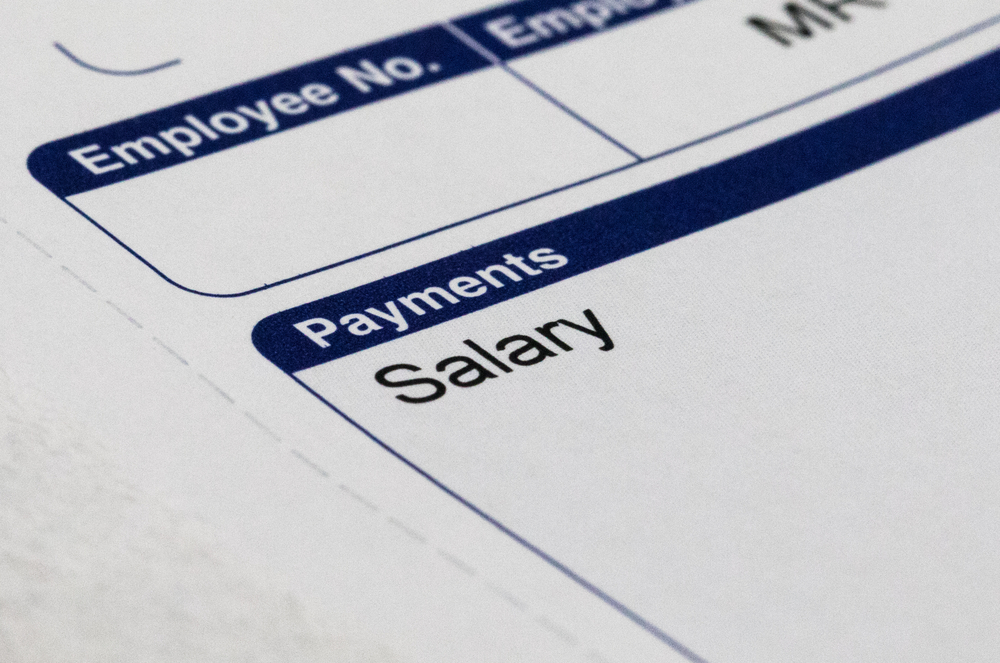Household Bills
Stalling wage growth costing workers £11k a year

Workers in the UK are worse off by around £11,000 a year in real terms as a result of stagnant wage growth, research reveals.
Analysis from Resolution Foundation found that if wages had continued to grow as they were before the financial crash in 2008, average earnings would be around £11,000 higher per year in cash terms than they currently are.
That works out at a 37% lost wages gap, according to the study.
It’s not just domestically where this wage growth stagnation is biting, however. Resolution found that the gap between household incomes in the UK and those of comparable countries has grown over the same period. For example, German households are now on average £4,000 a year better off in real terms than UK households, compared with a £500 annual gap before the financial crisis.
This situation is even more pronounced for poorer households. Resolution’s analysis found that UK households are on average 9% worse off than their equivalents in France, with this gap stretching to 22% for low-income households.
Torsten Bell, chief executive of the think tank, said that the wage stagnation of the last 15 years was “almost completely unprecedented”, and pointed to the “toxic combination” of low growth and high inequality leaving the poorest particularly exposed.
He continued: “This is definitely not what normal looks like. This is what failure looks like, and we urgently need an economic strategy to turn this state of affairs around.”
What is happening with wages?
The latest data from the Office for National Statistics (ONS) shows that between November 2022 and January 2023 growth in total pay (including bonuses) reached 5.7%.
Despite this, in real terms wages were found to have fallen by 3.2% over the period. That’s the largest drop since February to April 2009, and one of the largest falls on record.
This real terms drop is driven by the extremely high rates of inflation seen over the last year, which have dented the spending power of the money we earn.
The latest figures from the ONS show that while inflation is creeping down from its peak last year, the consumer prices index measurement still stands at 10.1%, far higher than the 2% target for inflation held by the Bank of England.
If wage growth cannot keep up with those rising prices, then the real value of the pounds in our pockets will continue to fall.